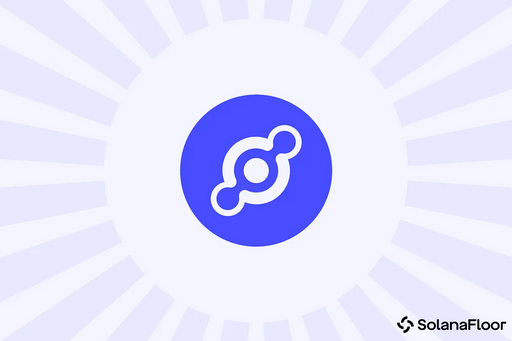
Helium has unveiled Helium Plus, a service that enables any business with public Wi-Fi to participate in the Helium Network without purchasing new hardware. By updating their existing routers with Helium's configuration software, establishments such as cafes, gyms, and hotels can function as micro cell towers. This initiative supports major mobile carriers, including AT&T and Movistar, by helping offload mobile data.
The launch marks a shift in Helium’s infrastructure strategy. Until now, businesses and individuals had to install dedicated Hotspots to join the Helium Network. Helium Plus eliminates this barrier. The software-only solution provides a frictionless entry point for tens of thousands of potential contributors. As a result, Helium expects a substantial expansion of its decentralized wireless footprint in both the United States and Mexico.
Economic Incentives for Contributors
Helium Plus allows Wi-Fi providers to earn $HNT tokens by routing mobile traffic through their upgraded routers. In June 2025, Helium paid out more than $300,000 in rewards for carrier offload traffic, representing a 20 percent increase from the previous month. These rewards serve as a strong incentive for businesses to adopt Helium Plus.
According to Mario Di Dio, Network General Manager at Helium, the service "offers instant, low-cost wireless integration, reducing infrastructure costs while creating new revenue streams and improving connectivity." He emphasized that ease of deployment is critical to realizing the full potential of the network.
Business Use Cases Already Emerging
Early adopters are already seeing results. Space Hospitality, which operates venues in New York City, deployed 21 Helium Hotspots through Helium Plus. Their locations previously struggled with cellular connectivity due to the building structure. According to Harvey Shim, the company’s IT and Marketing Director, Helium Plus helped them provide reliable signal coverage, leading to increased customer engagement and higher on-site sales.
This real-world example highlights how Helium Plus can deliver immediate, tangible benefits to businesses. It also demonstrates how decentralized infrastructure can offer practical solutions to urban connectivity challenges.
Boosting Carrier Offload and Lowering Costs
Helium Plus supports a broader initiative launched in June 2024: carrier offload. This feature enables mobile carriers and Mobile Virtual Network Operators such as Movistar to reduce their infrastructure costs by routing data traffic through the Helium Network. Since the rollout, Helium has processed over 10 petabytes (10,000 terabytes) of mobile data and surpassed one million daily users.
This decentralized approach offers carriers a cost-efficient way to enhance coverage. It also aligns with Helium's long-term vision of building a people-powered, scalable wireless ecosystem. The addition of Helium Plus expands the pool of contributors, which directly benefits mobile network performance in dense urban areas and indoor environments.
Implications for the Broader Connectivity Landscape
Helium Plus illustrates how decentralized infrastructure can complement traditional telecom operations. By turning everyday Wi-Fi into part of a distributed network, Helium continues to challenge conventional models of wireless expansion. The move also aligns with Helium’s broader efforts to drive adoption through partnerships, such as its work with AT&T to improve service coverage across the United States.
The rollout of Helium Plus presents a compelling example of how decentralized models can scale through software, rather than hardware. As mobile data demands grow, solutions like Helium Plus could become essential for meeting the needs of both carriers and users.
Read More on SolanaFloor
Orca Joins Launchpad Wars with Wavebreak: What’s Different?
Solana DePIN Cracks $3M Revenue in 2025 - Is Solana the New Home of DePIN?
Start Here if You’re Confused About DePIN


